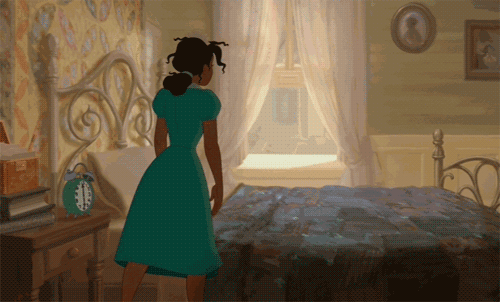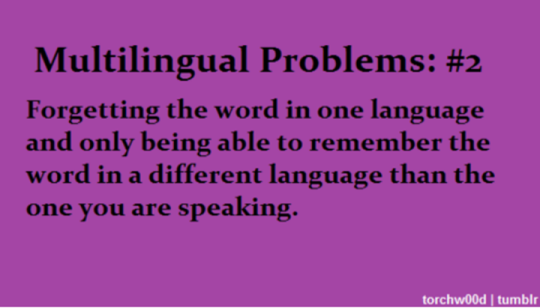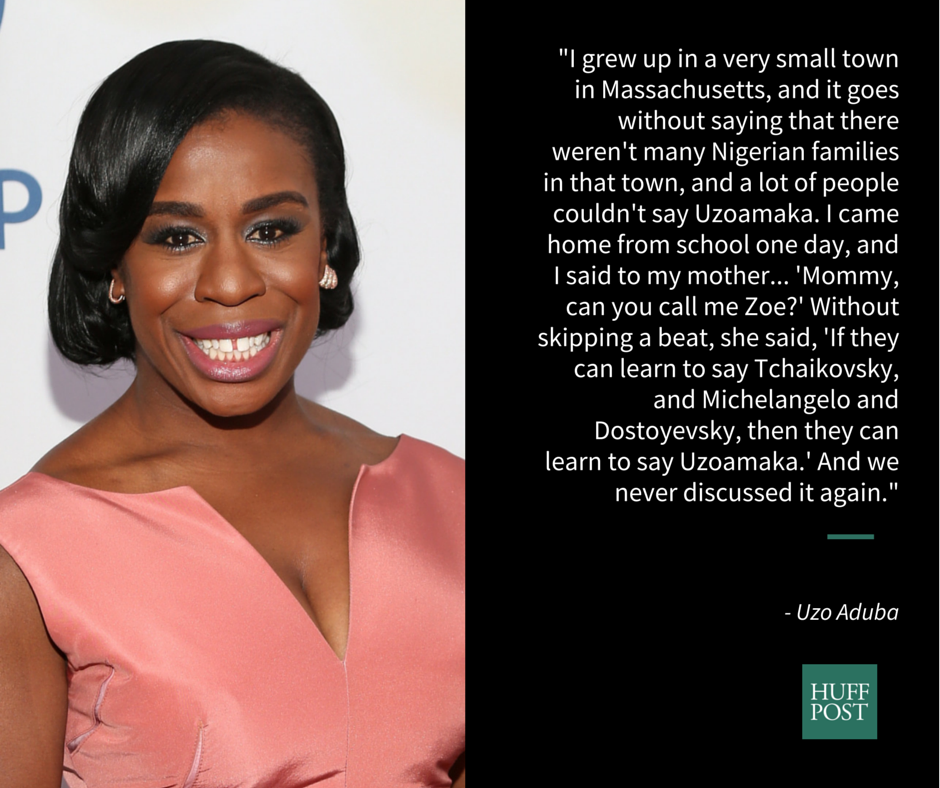1. Walt Whitman believes that slang is particularly American because so many people are sharing and mixing cultures and languages, that new words (slang) are being created to portray new meaning. I think this is still true in the 21st century. People will mix Spanish and English words to create something just their own, for example.
2. The beginning of Whitman's essay is a discussion about the English language. This forms the basis for his argument, that slang comes from languages to make words that portray feelings. When he writes his first paragraph, he talks about the vastness of language and how much of the world a language absorbs, then passes on.
3. Slang is "the lawless germinal element, below all words and sentences, and behind all poetry, and proves a certain perennial rankness and protestantism in speech."
- Slang is lawless because it follows no rules, it is created and used freely
- Slang is germinal because it gives way to the use of new words based on old ones (the google definition of germinal is to provide material for further development)
- Slang is below all words and sentences because it does not have a clear meaning and can't really be defined
- Slang is behind all poetry because slang is the voice of the people and poetry is that written voice
- Slang has perennial rankness because it lives on through the years and develops new meanings
- Slang is protestantism in speech because it is simple and rejects the "proper" language of the people
4. Whitman's two metaphors in paragraph two are:
a. "Considering Language then as some might potentate, into the majestic audience-hall of the monarch ever enters a personage like one of Shakespeare's clowns, and takes position there, and plays a part even in the stateliest ceremonies. Such is Slang..."
b. "Slant, too, is the wholesome fermentation or eructation of those processes eternally active in language, by which froth and specks are thrown up, mostly to pass away; though occasionally to settle and permanently chystallize."
Both of these metaphors are fitting to explain slang-in the first metaphor, it shows that slang is the more easygoing, ridiculous use of language. In the second, it shows that it is the mix and combination to prior languages. Personally I think that the second metaphor is more effective at explaining slang, because slang comes from the mix of languages.
5. In the third paragraph, Whitman makes his perspective of slang "plainer" by explaining in simple terms that the words we use today, were once the slang of older languages and generations. He lists clear examples of how words may mean something else: "Spirit meant breath, or flame."
6. According to Whitman, there is a connection between slang and mythology. He compares the creation and use of slang to the creation of gods, because it is not fully understood, and where it comes from is not really known for each individual slang word. "Yet we are utterly ignorant of their embryology; the true science of Origins is yet in its cradle."
7. Whitman lists several examples of slang. They illustrate two points, in my opinion-that slang is used to make conversation simpler, and that slang is made up of old words to make new ones.
8. In paragraph 11, Whitman implies that the opinion of humorists towards slang isn't very positive. They seem to think that slang is improper because it is fun. I think this weakens Whitman's argument. Though he puts the viewpoint of the opposite side, he doesn't really use his point to prove why slang is good. He says that slang is more fun that listening to the humorists speak, but that's an opinion, not an argument.
9. I think the tone of this essay is very positive towards slang. Whitman feels very enthusiastic from the topic, because of all the positive words and metaphors he uses, like comparing slang to mythology and as the fun clowns of Shakespeare. His last paragraph even compares slang to the breath of life-he obviously feels that use of slang creates something new.
10. Whitman's poetry wasn't very traditional. It had free verse and he wrote in the sounds of geese or people yelling as they worked. He included everyday slang to make his poetry both more accessible and more entertaining for his readers. The essay reflected his positive attitude and use of slang.
11. "An attempt of common humanity to escape from bald literalism, and express itself illuminable, which in highest walks reduces poets and poem..." Some slang does not have a definition, it defines a feeling. For example, the word lit. Everyone uses it, but there's really no clear meaning. There's obviously the literal meaning, but people use it to describe a feeling, not an action (of something actually being lit).
12. Slang truly is the way youth rebel. Parents and authority can control the way you dress, the way you look, the food you eat, how you dress, etc. However, they can't stop kids from thinking a certain way, and they can't stop the inevitable clash between old words and new words. As parents try to control their children, the kids come up with new words to express themselves and show how they feel.
Finally I'm done!!!!

b. "Slant, too, is the wholesome fermentation or eructation of those processes eternally active in language, by which froth and specks are thrown up, mostly to pass away; though occasionally to settle and permanently chystallize."
Both of these metaphors are fitting to explain slang-in the first metaphor, it shows that slang is the more easygoing, ridiculous use of language. In the second, it shows that it is the mix and combination to prior languages. Personally I think that the second metaphor is more effective at explaining slang, because slang comes from the mix of languages.
5. In the third paragraph, Whitman makes his perspective of slang "plainer" by explaining in simple terms that the words we use today, were once the slang of older languages and generations. He lists clear examples of how words may mean something else: "Spirit meant breath, or flame."
6. According to Whitman, there is a connection between slang and mythology. He compares the creation and use of slang to the creation of gods, because it is not fully understood, and where it comes from is not really known for each individual slang word. "Yet we are utterly ignorant of their embryology; the true science of Origins is yet in its cradle."
7. Whitman lists several examples of slang. They illustrate two points, in my opinion-that slang is used to make conversation simpler, and that slang is made up of old words to make new ones.
8. In paragraph 11, Whitman implies that the opinion of humorists towards slang isn't very positive. They seem to think that slang is improper because it is fun. I think this weakens Whitman's argument. Though he puts the viewpoint of the opposite side, he doesn't really use his point to prove why slang is good. He says that slang is more fun that listening to the humorists speak, but that's an opinion, not an argument.
9. I think the tone of this essay is very positive towards slang. Whitman feels very enthusiastic from the topic, because of all the positive words and metaphors he uses, like comparing slang to mythology and as the fun clowns of Shakespeare. His last paragraph even compares slang to the breath of life-he obviously feels that use of slang creates something new.
10. Whitman's poetry wasn't very traditional. It had free verse and he wrote in the sounds of geese or people yelling as they worked. He included everyday slang to make his poetry both more accessible and more entertaining for his readers. The essay reflected his positive attitude and use of slang.
11. "An attempt of common humanity to escape from bald literalism, and express itself illuminable, which in highest walks reduces poets and poem..." Some slang does not have a definition, it defines a feeling. For example, the word lit. Everyone uses it, but there's really no clear meaning. There's obviously the literal meaning, but people use it to describe a feeling, not an action (of something actually being lit).
12. Slang truly is the way youth rebel. Parents and authority can control the way you dress, the way you look, the food you eat, how you dress, etc. However, they can't stop kids from thinking a certain way, and they can't stop the inevitable clash between old words and new words. As parents try to control their children, the kids come up with new words to express themselves and show how they feel.
Finally I'm done!!!!


